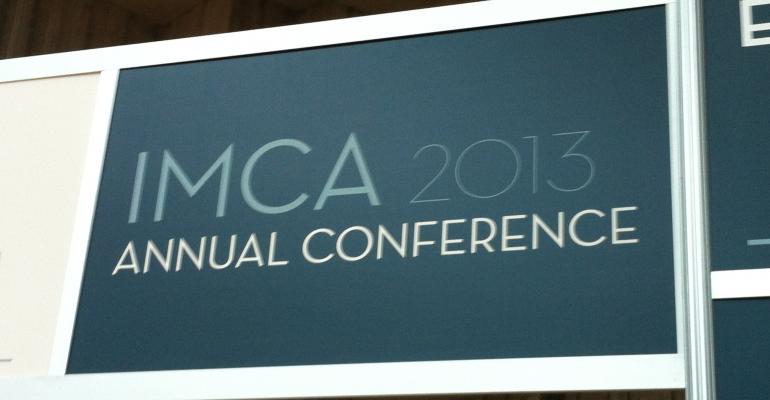From Phyllis Borzi of the DOL saying consumers are confused to the Consumer Financial Protection bureau calling for more disclosure of information, lately consumer advocates and regulators have been getting on the industry’s case about the number of designations floating around. For many, it’s resulted in a confusing alphabet-soup-like string of letters after their name. But new research by the Aite Group found that having a designation, including the CIMA, does pay off.
In fact, 40 percent of advisors with at least one financial designation earned $250,000 or more, versus only 20 percent of FAs with no designation, according to Aite’s survey of about 400 advisors with at least 12 years of industry experience. The research was presented at the Investment Management Consultants Association annual conference in Seattle on Tuesday.
Aite also surveyed 200 CIMA designation holders, who earned more than other advisors. Forty-two percent of CIMA holders earn $380,000 or more in yearly income, versus 9 percent for other advisors.
But it’s not just a matter of the type of firm an advisor works for. While the wirehouses tend to hire, cultivate and retain advisors who produce strong revenue, even at the wirehouses CIMA professionals earned more. In the wirehouses, 48 percent of CIMA professionals earned more than $380,000 versus 24 percent of other FAs at the wirehouses.
Designation holders are also more likely to own a portion or all of their practice, Aite found. Of CIMA holders, 84 percent said they own all or part of the practice, compared to 57 percent of other advisors.
They’re also more satisfied with their career. According to the survey, 48 percent of CIMA advisors said they were very satisfied with their career, while only 25 percent of other advisors were very satisfied.
When advisors were asked about the impact of obtaining a CIMA certification on them and their clients, 71 percent said it has enhanced their knowledge of investment management; 69 percent said it’s boosted their confidence in managing investments, and another 64 percent said it’s increased their confidence with offering investment management services.
Sophie Louvel Schmitt, senior analyst with Aite, said CIMA advisors are more likely to work with high-net-worth clients, more likely to use asset-based fees, and more likely to invest in alternatives. And that’s especially important when attracting high-net-worth clients and Gen X and Y clients, she said.
Gen X and Y investors are less likely to invest in mutual funds, more likely to use alternatives and more interested in the fiduciary approach, Schmitt said, citing Aite research.
“They don’t believe in the traditional basket that their parents hold as much,” Schmitt said. “Practices that are investing today to improve their investment management expertise and to really focus on getting on their CIMA designation will be better positioned to appeal to this next generation of investors that are looking for alternative ideas, not just the cookie cutter approach that they could already do themselves on E-Trade.”




